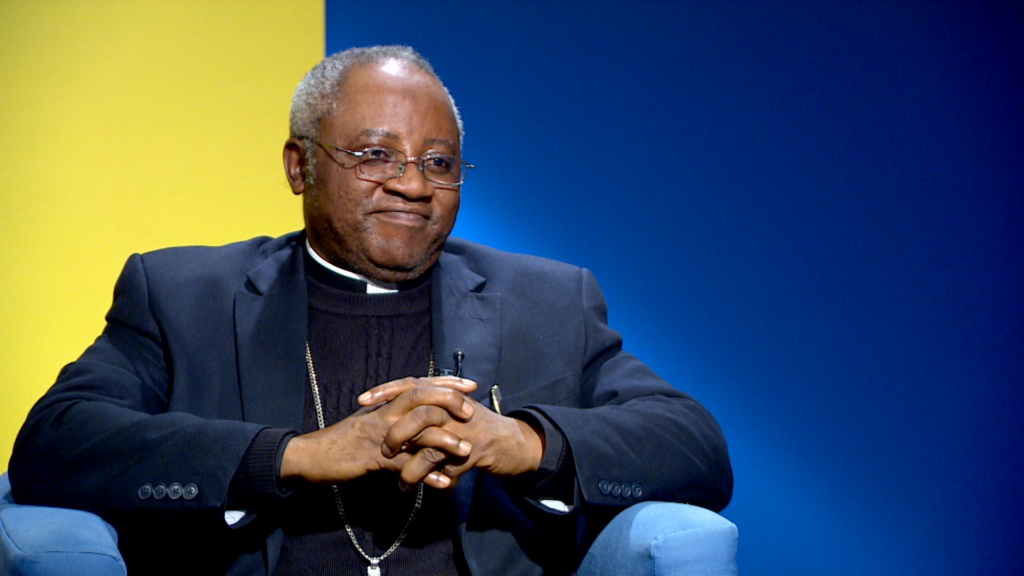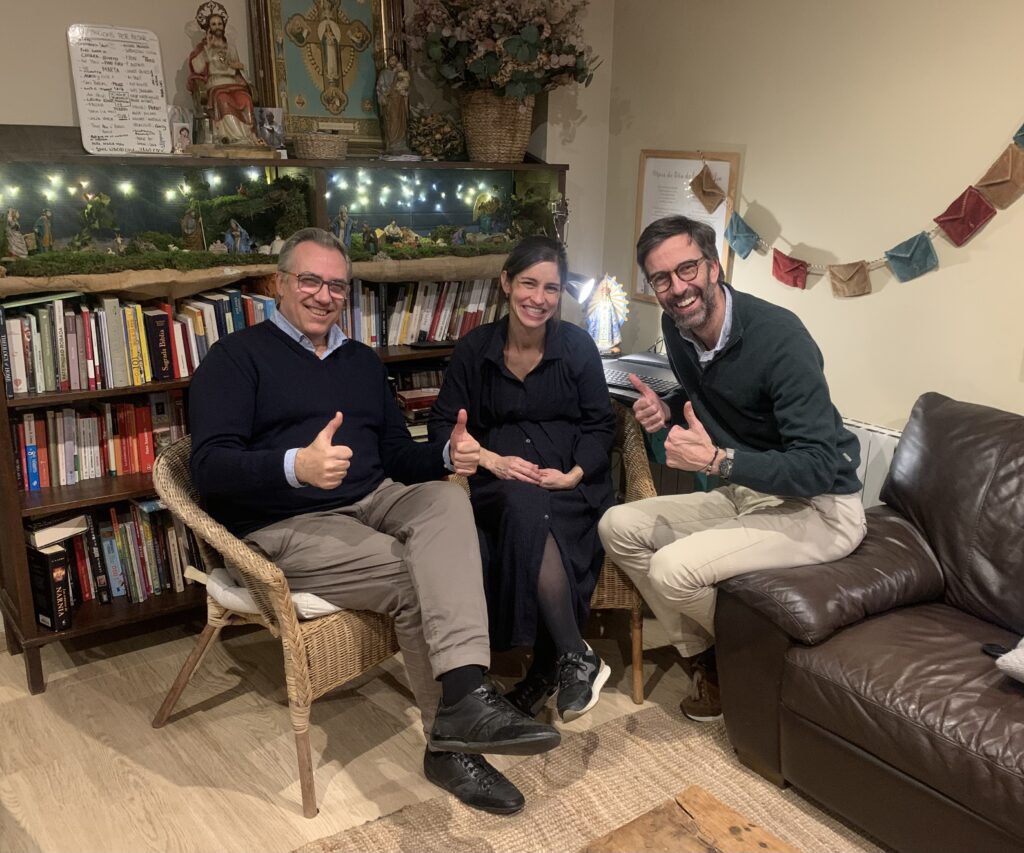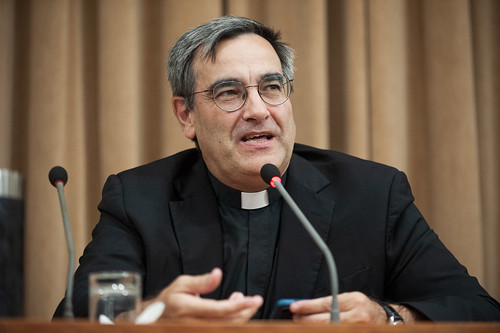“Christianity, a Powerful Engine of Social Transformation”
Interview with Rafael Domingo Oslé, author of The Meaning of Christianity

The Sphere of Books has just published the essay entitled The Meaning of Christianity, written by Rafael Domingo Oslé, professor of law and holder of the Álvaro d’Ors Chair at the University of Navarra. In this work, the author explores the relevance of Christianity in the current context and invites readers to reconsider its role and foster a dialogue that connects cultural tradition with the transformations of the modern world.
Rafael Domingo Oslé reveals how a Christianity lived fully can heal society and open paths to dialogue, forgiveness, and transcendence.
What is the central thesis you defend in your book?
The central thesis of my book maintains that Christianity, when lived fully, has much to contribute in our secular age. Firmly grounded in society, Christianity illuminates our political community, enriches our identity, and promotes essential values such as respect, tolerance, forgiveness, solidarity, and mercy. In a context of growing polarization, Christianity offers a model of dialogue and reconciliation, as well as a holistic vision that integrates diverse dimensions of reality, from politics to spirituality.
Why do you consider it essential to open oneself to transcendence?
Opening oneself to transcendence allows people to find deeper meaning in their lives and discover that there is no “I” without a “we,” nor a “we” without a “I.” Nor is there a human being without a Creator God. This approach is fundamental to building cohesive and supportive political communities that do not deify and absolutize the power of the secular state.
In your book, you mention the notion of “God-Love.” What does this mean in the context of Christianity?
The notion of “God-Love” is central to Christianity. It reminds us that God is not just a supreme, distant, and omnipotent being, but is Love in essence, the source of unconditional love that nourishes our lives. This understanding implies that our relationship with God is not based on fear or obligation, but on a filial, loving, and transformative relationship, to the point of deifying us. When a society opens to this vision of God, it is transformed into a sacred, more dignified, and habitable place.
Why do you call Christianity the religion of forgiveness?
Because it certainly is. While all the great religions speak of forgiveness, none do so with the radicalism that Jesus Christ does, who invites us to love (forgive) even our enemies, and to do so unconditionally and always. In a world where resentment and revenge often prevail, Christianity offers a model of radical forgiveness that can break this destructive cycle.
Could you elaborate on what Christianity offers today?
Of course. Christianity provides values and principles that can guide society as a whole. For example, respect and human dignity are pillars of Christianity that can help counter the dehumanization often observed in public discourse. Furthermore, Christianity provides a solid ethical framework for addressing social problems such as poverty, injustice, and inequality. Jesus Christ’s teaching on loving one’s neighbor compels us to act on behalf of those who suffer. This is not only an invitation to individual action, but also to a collective responsibility to create systems that promote justice and the common good.
What is the importance of contemplation in modern life, and how can it transform our relationship with the world?
In a world that prioritizes speed and efficiency, contemplation is revealed as a vital necessity. This practice allows us to immerse ourselves in reality without the limitations of mental analysis and offers us a deeper, more spiritual understanding of our surroundings. Through contemplation, we discover the inherent beauty in the everyday and develop a connection with the transcendent. In this sense, contemplation acts as an antidote to the superficiality imposed by the woke byproduct.
What do you mean in your book by the expression “conscious Christianity”?
I mean an engaging and renewed Christianity, capable of transforming society, just as the early Christians did. This approach focuses on the need to foster enriching dialogue between believers and non-believers, as well as promoting a society that embraces transcendence and divine love. In a world marked by fragmentation and polarization, this way of living Christianity becomes a powerful bond of social integration, with sufficient potential to restore lost harmony.
Related

Despite hardships, Christianity is growing “astronomically” in northern Nigeria
Ayuda a la Iglesia Necesitada
10 April, 2025
3 min

Let God be God
Albert Cortina
11 March, 2025
25 min

Fernando Puig, new rector of Santa Croce
Fundación CARF
19 February, 2025
6 min

Unwanted loneliness
Exaudi Staff
18 February, 2025
25 min
 (EN)
(EN)
 (ES)
(ES)
 (IT)
(IT)

